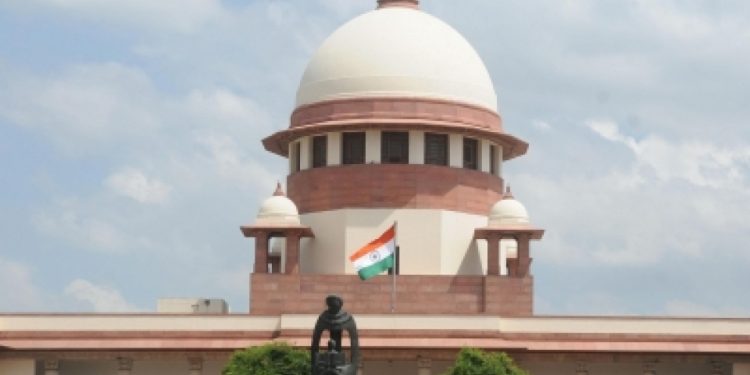The Supreme Court Wednesday expressed its unhappiness with the Department of Telecommunications (DoT) for its attempt to recalculate the adjusted gross revenue (AGR) dues against telecom companies. What may have triggered the apex court’s ire was the government’s move to bilaterally settle the issue with telecom firms by allowing them to clear their dues in a staggered manner over 20 years. For the court it was not a done thing as the case is still sub-judice. The top court has asked the telecom firms to clear the AGR dues within the deadline given.
The telecom story is becoming increasingly messier with every passing day due to ill-handling of the matter by the government from the word go. The issue has been in the government’s crosshairs since 1999 when it had been decided that telecom firms would migrate from the fixed license regime to a revenue-sharing model. Telcos were not happy with the way the issue was handled by successive central governments. Since 2003, the AGR issue had been lying in several courts and tribunals and the telecom companies invariably got favourable rulings from courts. However, the government persisted with its definition of the AGR liabilities of telcos which was upheld by the Supreme Court. This meant the operators are liable to pay about Rs1.47 lakh crore to the government’s exchequer. Now that the SC ruling has threatened to break the backbone of some of these companies, the government has tried to soften the blow by pleading with the apex court to allow companies to clear the payments in 20 years. However, the government’s realisation has come too late.
Putting the blame at the doorsteps of the Supreme Court, citing judicial activism, will be like missing the woods for the trees. Whether the court is right in insisting on realisation of the entire AGR dues by the telecom firms is beside the point. First of all, why did the government insist on the entire payments from telcos despite adverse rulings from court after court? Had it not dawned on the government then that the humongous amounts of money it demanded from the operators will cripple the health of telecom players and spell doom for the sector? Vodafone-Idea has gone on record that it may shut shop as its India operations would no longer remain a going concern.
If the SC has its way, the sector will come under lot of stress. Telecom players, who have taken huge loans from banks, will fail to service their debts. This will have a domino effect on the health of the banking system which is already under tremendous stress. Banks’ lending power will come down dealing a blow to the economic activities in the country and its growth. The government may try to recapitalise these banks instead of putting this money to better use. A sick telecom sector will tell upon customer services and experiences. The two state-owned telecom players do not have the capacity to replace the private players. India will be left behind as the rest of the world moves to the next generation of technology. This would directly affect the government’s own digital ventures. India will lose its leftover edge as a destination of investment. As things stand today, the government will be the biggest loser. A clear self-goal in that. It has now become incumbent upon the government to find ways and means to save the sector. The government created the mess by pressing ahead on AGR dues with the Supreme Court. Therefore, it is the government which would find a solution to this. We hope the government would guard against turning it a Frankenstein’s Monster.






































